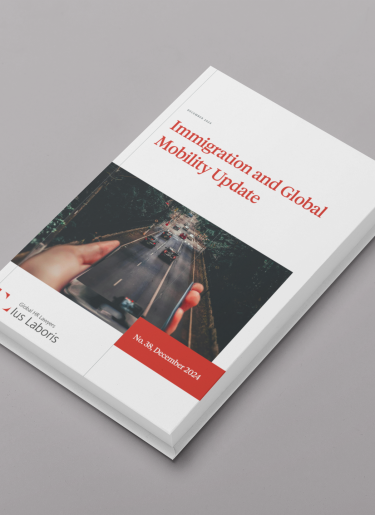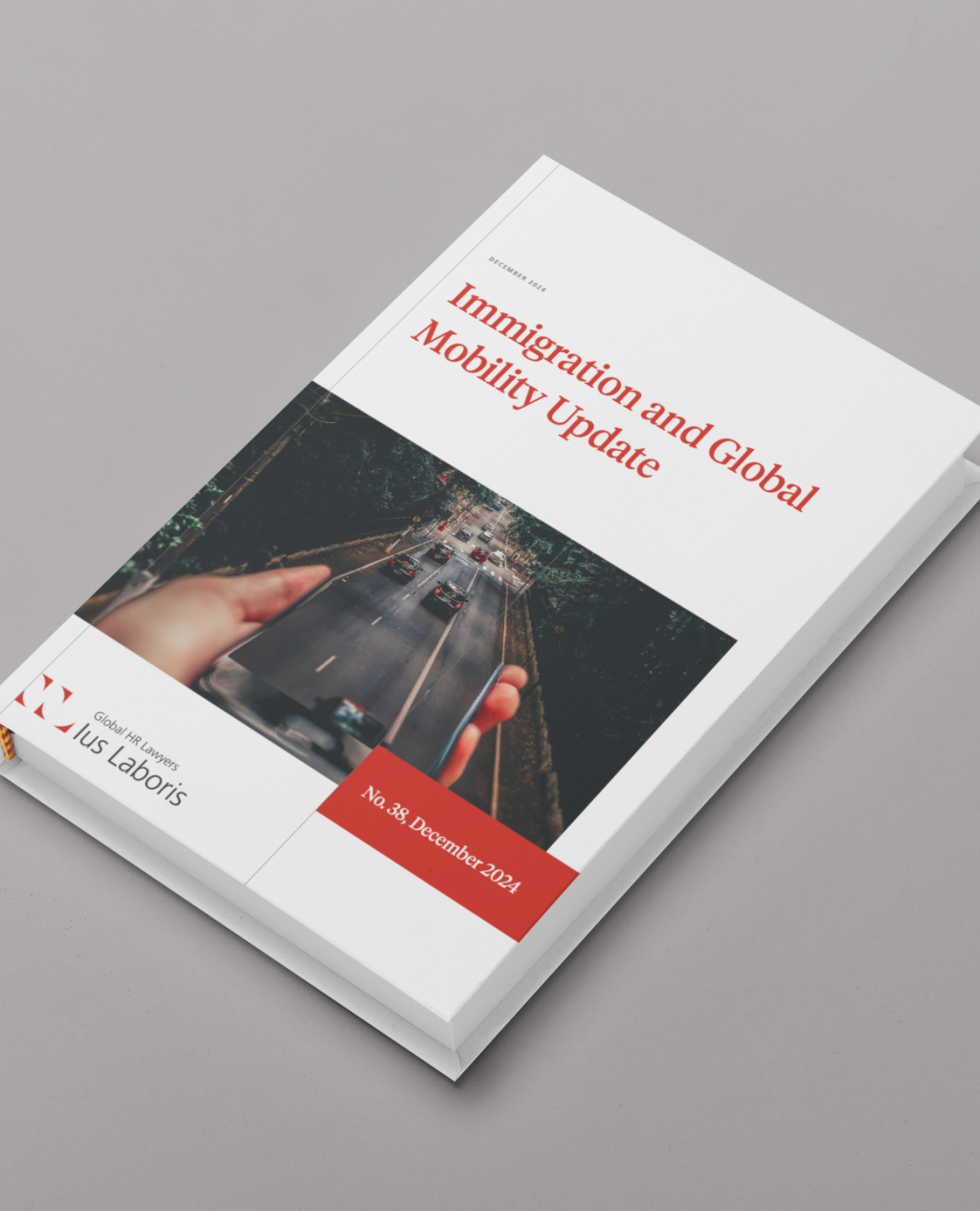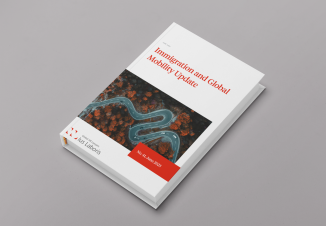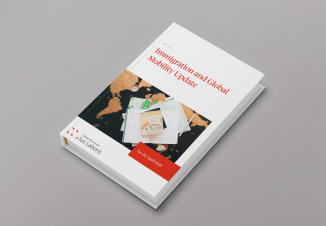
Ireland’s overhaul includes steps to make it easier for foreign employees to change employers and to change jobs within an employer’s organisation. Similarly, Finland is giving foreign workers who lose their jobs a period of time to find a job with a new employer without seeking a new work permit.
The war in Ukraine continues to cast a long shadow over immigration in Europe. In Lithuania, displaced Ukrainians who do not qualify for the EU Temporary Protection program will now need to obtain a residence permit before they can work. Austria is making displaced Ukrainians eligible for its standard combined work and residence permit.
Salary thresholds for some favoured categories of work permits are changing. Hungary has announced its new (higher) threshold for the EU Blue Card, and is also introducing a new requirement that the applicant’s salary must be at least 80% of the national average for their profession. Ireland will begin indexing its salary thresholds to annual wage growth. And Chile has provided clarification to the ‘labour stability’ income requirement for permanent residence.
Countries continue to roll out new types of work visas and permits to meet changing needs. Türkiye and Kazakhstan have joined the growing list of countries offering a ‘digital nomad’ visa, whilst Ireland and New Zealand are experimenting with new visas for seasonal workers on a limited basis. Italy is also introducing a new special residence permit for workers who have been exploited.
Find out the details of these and other changes below.



